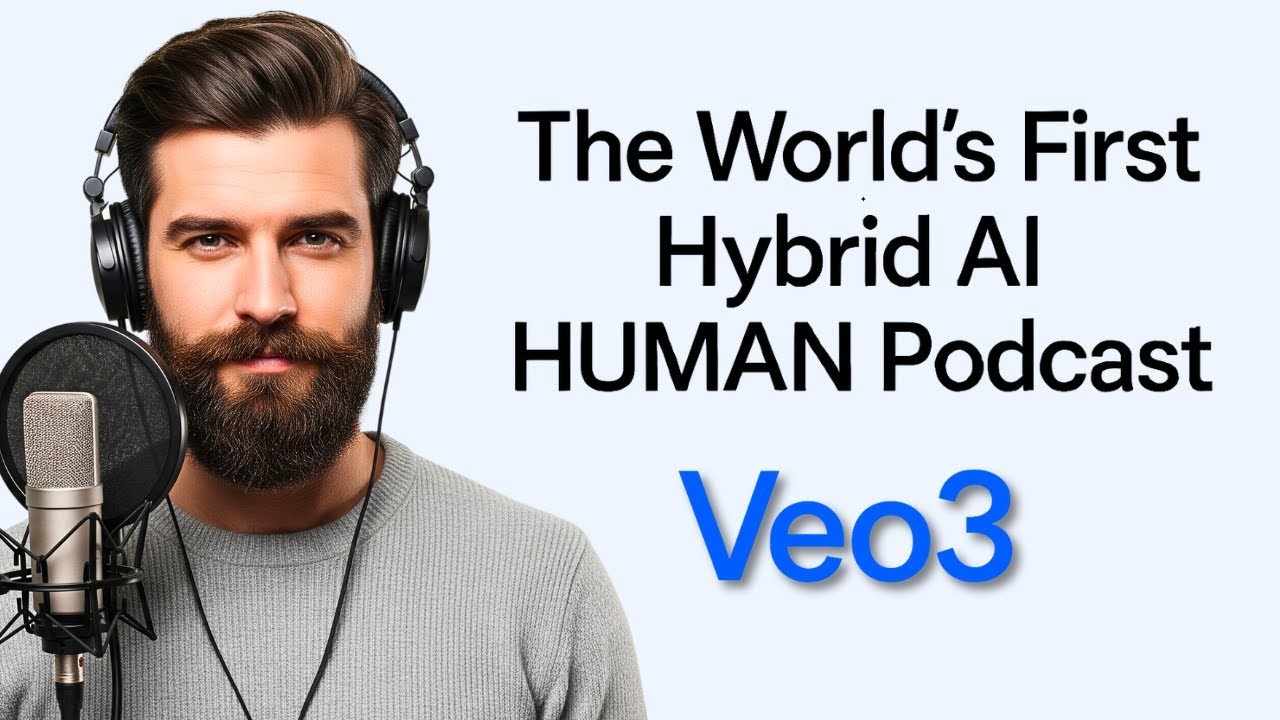In the podcast, Chris from All About AI discusses how different AI models like ChatGPT, Google’s Gemini 2.5 Pro, and Claude are used for various tasks, highlighting the importance of the large context window in handling complex, data-heavy projects. He emphasizes the need for individuals to actively experiment with AI tools now, especially with protocols like MCP that enable seamless integration of external services, to stay ahead in the rapidly evolving AI landscape.
In the podcast, host Michael interviews Chris from All About AI to discuss current developments in artificial intelligence. Chris shares that he uses multiple AI models depending on the task at hand. For quick, simple tasks, he prefers ChatGPT due to its user-friendly interface. For more complex projects, such as working with large amounts of data or software development, he favors Google’s Gemini 2.5 Pro because of its large context window, which allows it to process extensive information. For coding-specific tasks, Chris relies on the Claude model from Anthropic, especially with recent features like MCP, which enhance its capabilities in software development.
A significant part of the conversation revolves around the concept of the context window in language models. Chris explains it using an analogy, comparing it to a conversation where everything discussed so far remains in the participants’ “attention.” He emphasizes that Gemini 2.5 Pro’s large context window—up to 1 million tokens—gives it an advantage in handling complex tasks that require processing large amounts of relevant data, such as PDFs or spreadsheets. This feature allows the model to incorporate extensive context, making it more effective for detailed and data-heavy tasks.
The discussion then shifts to the potential impact of AI agents like Claude and the MCP (Model Context Protocol). Chris notes that while significant investments are being made into automating knowledge work, it’s still early to determine their full impact. He highlights the uncertainties involved, including costs and technical challenges, but acknowledges that these developments could profoundly influence fields like software engineering. He advises listeners to start experimenting with AI tools now, such as ChatGPT, to better understand their capabilities and prepare for future changes in the workforce.
Chris elaborates on MCP, describing it as a standardized protocol that acts like a “USB port” for AI, enabling seamless integration of various tools and functions into language models. This protocol allows models to connect with external services, such as email or financial accounts, and access relevant data in real-time. He explains that MCP facilitates the development of more sophisticated AI systems by providing a structured way to incorporate external functionalities, making AI more versatile and capable of performing complex, multi-step tasks.
In closing, Chris emphasizes the importance of actively using AI tools to stay ahead in the rapidly evolving field. He encourages listeners to sign up for free versions of popular models like ChatGPT and Claude, experiment with them, and become familiar with their strengths and limitations. His main advice is to start engaging with AI technology now, as this will help individuals adapt to upcoming changes and leverage AI’s potential in their personal and professional lives. The episode ends with a reminder to check out Chris’s YouTube channel for more insights into AI developments.
